Claiming Your Power To Influence Through Writing – Lesson 1
One of the most painful moments of my past came before I learned how to influence others. I was in my room listening to my seven-year-old son tell me not only that he was going to kill himself but exactly how he was going to do it – and he had a backup plan in case that first plan didn’t work. I was devastated. I couldn’t understand what I’d done to fail my son so badly that death was preferable to life. That painful moment, as bad as it was, changed my life for the better. It was because of that moment that I would go on to learn the skills I needed to develop my ability to influence other people’s lives and to help them take painful moments like mine and turn them into opportunities to bring hope and healing to hurting, broken people and families. It was because of those skills I learned that I was able to save my son’s life and may yet go on to save the lives of other children. That past – once shared – stopped being a burden and a source of constant regret. Instead, it was a powerful message of hope and healing that I could now share with others. Everything needed to influence others through your writing:
- Connection
- Credibility
- Conviction
- Results
waits for you in your past. The more painful, embarrassing, or traumatic the moment, the greater the power to influence. Readers are reading your writing to get some kind of result. They want their lives to be changed in some way. That’s why they tend to read works by rich and famous people – they want to be rich and famous and they are hoping that they can discover what those rich and famous people are doing that they’re not. Your past is where your reader currently is or is about to be. The transformation you’ve experienced in your life is what the reader wants for their own lives or for the lives of someone they love. Your goal in your writing is to help them get from where they are to where they want to be. If you can deliver that, you will have all that you need to influence them.
Connection
Those painful, embarrassing, and traumatic moments of our lives offer us the greatest ability to connect emotionally with readers and often offer the greatest transformation possible. By sharing these moments and the emotions we felt while we were experiencing, we connect our hearts to theirs. That connection makes them receptive to the rest of what we are writing. Once they know where we’ve been, they know why we’re trying to help them, and they open up to the message.
Credibility
The past also provides us instant credibility as an authority in our experience. We aren’t relying on theory or someone else’s research, but on our own lived experience which we are sharing with the reader. That lived experience allows us to provide them with details that people who don’t have that experience simply cannot provide them. After all, it’s one thing to study childhood sexual abuse. It’s another thing to have lived it.
Conviction
The third thing that your past provides is conviction in what you are presenting to the reader. Doubt destroys credibility as fast as inaccurate information. If what you are writing isn’t something you believe with 100% certainty is accurate, readers will pick up on that and the amount of influence you will have over them begins to diminish. That’s because they rely upon something known as suspension of disbelief in order to accept the things you are telling them are true. If they doubt your words for even a moment, that suspension of disbelief goes away and they begin fighting you rather than listening to you.
Results
The final thing that your past provides is your knowledge of what results you were able to receive from your journey from that past moment to the point of writing about it. You know how your life changed because of it, and so you can glean the steps that readers need to take in order to benefit from what you learned along the way.
Lesson 1 Exercises
- Grab a pen and paper and set a timer for 10 minutes. Brainstorm a list of past painful, embarrassing, or difficult moments that you can help someone else avoid, overcome, or transform into a triumph.
- Choose a moment from the list and answer the following questions:
- What was life like before that painful, embarrassing, or difficult moment?
- What caused that moment?
- When it first happened to you, how did it make you feel?
- What changes happened in your life because of that moment?
- What is something positive that came about because of that moment? Did you end up meeting someone you would never have met otherwise? Did you learn something about yourself that you would never have known otherwise? Did you learn something about life that has helped you to become stronger and more resilient?
- How different is your life today compared to what it was before that painful, difficult, or embarrassing moment took place?
- Describe the version of yourself that existed at the moment when that painful, difficult, or embarrassing moment happened. How old you were, what work you did, what education level you’d achieved, how you felt about yourself, what you liked and disliked, what religion you belonged to (or didn’t), and what you believed was true about yourself.
